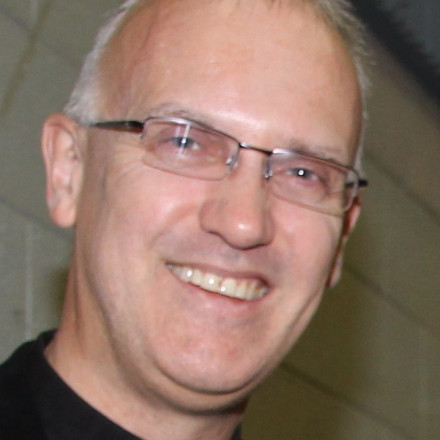The Global Christian Forum: a fresh impetus in ecumenical endeavour
FROM 24-27 April 2018 I had the privilege of attending the Global Christian Forum (hereafter GCF) as a member of the seven-strong Anglican Communion delegation. The meeting, under the title, “Let mutual love continue” (Heb. 13:1) was held in Bogota, Columbia. In itself this venue provided contextual interest, given the embryonic and somewhat faltering national peace process, informed extensively by the model of the Good Friday Agreement and the Peace Process in Northern Ireland. The GCF represents a relatively new and genuinely ambitious initiative in receptive ecumenism,1 and it enjoys support from an impressively broad spectrum of Christian denominations and other agencies. This article offers a brief overview of the genesis of the GCF, a distillation of the proceedings of the third global gathering focussing particularly on certain themes, and an assessment of its relevance to the life and work of the Church of Ireland. The origins and ethos of the GCF History records that the modern ecumenical movement was birthed out of the International Missionary Conference, convened in Edinburgh in 1910.2 To begin with, this resulted in two separate organisations, known respectively as the “Life and Work Movement” and the “Faith and Order Movement”. When these two streams met in 1937, a plan was hatched to form a single Council, and eventually, after the devastating interruption of the Second World War, this was realised in 1948 at the first Assembly of the World Council of Churches (WCC), “a fellowship of churches which accept Jesus Christ as Lord and Saviour according to the Scriptures”. In its promotion of the Johannine imperative to seek after unity (John 17:11), the WCC has enjoyed considerable success over the years in bringing historic and separated Christian communities into closer fellowship and dialogue, with various notable achievements, locally and globally.4 Nevertheless, there remains another sense in which Christian people must constantly seek to be open to how God may be leading his church, and, in that vein of discernment, approximately two decades ago, Dr Konrad Raiser, the former General Secretary of the WCC, courageously recognised the need for a new space and for shared conversations to reach beyond the existing constituency of the World Council. He drew attention to the ecclesial reality that many new groupings had emerged across the totality of the life of the Church since the inception of the WCC, and especially to the growth of the new evangelical and Pentecostal church communities. At that time these were not connected to either the WCC network or its attendant processes.
* Full article available in printed copies.

Maurice Elliott
is Principal of the Church of Ireland Theological Institute and a Church of Ireland representative on the Anglican Consultative Council.